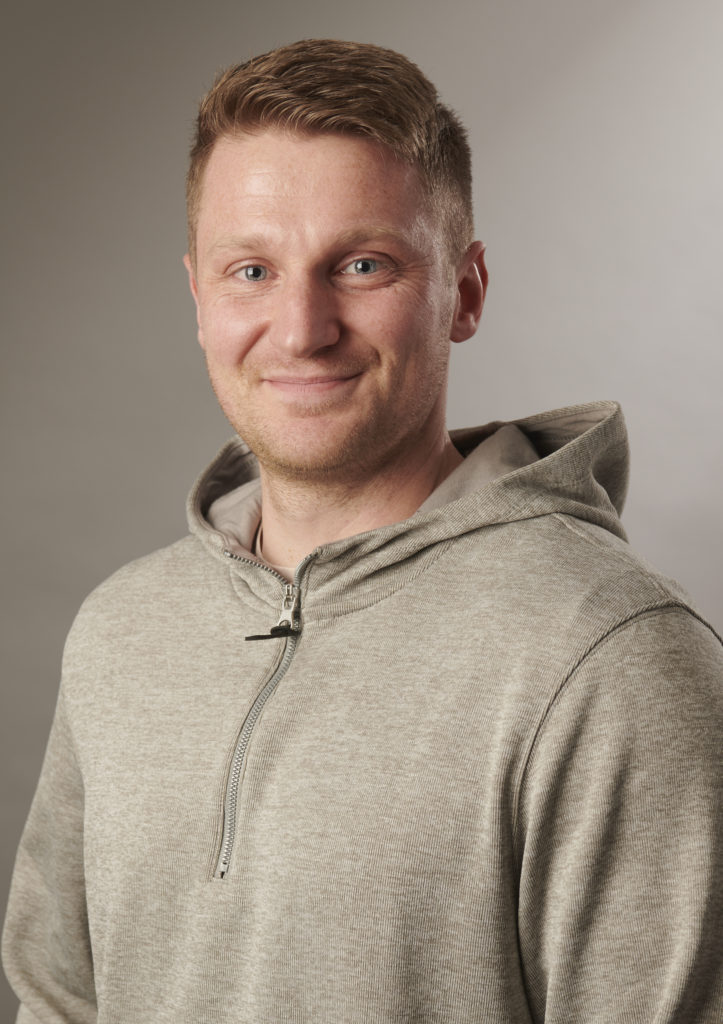
Photo by Emily Morter on Unsplash
Last month we welcomed students from every cohort on the Professional Doctorate in Sport and Exercise Science onto campus to a development day. Whilst Professor Barry Drust and I designed this day to be for the students, it was fantastic to see all the research that was being conducted at all stages of their doctorate journeys. Students who are just beginning their doctorate journey also attended this day and it’s been brilliant to see their projects start forming both through conversations and written. In fact, this is one of the most enjoyable parts of my job, where I can speak to practitioners who are eager to develop research questions that they’re interested in or can significantly help their professional roles.
Since working in academia and actively researching again, I think differently about the approach to creating research questions than I did in my post-PhD years working in professional football. This has now spread to how we help form projects with students on the Professional Doctorate in Sport and Exercise Science. As regular readers of this blog are going to see through the series of communications from Dr Paul Garner and Dr Andy Soundy on research methodologies, there are so many ways that questions can be answered and provide impact as the outcome. When I first started working in academia in 2021, I still had a preconceived idea that projects were going to be what I call ‘traditional science’ that has been done in the applied world. However, now the approach is so much different with a wide range of methodologies available to help answer research questions.
This is something that I’ve had some fantastic conversations with Professional Doctorate students on recently. Either designing their initial research proposal or looking at ways how their project might develop after we’ve now digested the results from previous studies they’ve performed. There are so many great projects happening right now and it’s an exciting time to be part of such a great team that are part of it. I’ve heard the phrase before but I’m not sure where it has come from that “A real scientist solves problems, not wails that they are unsolvable.” Something that I feel is representative of how we approach Doctorate level study.

L.Anderson.4@bham.ac.uk
